Picsellia Atlas
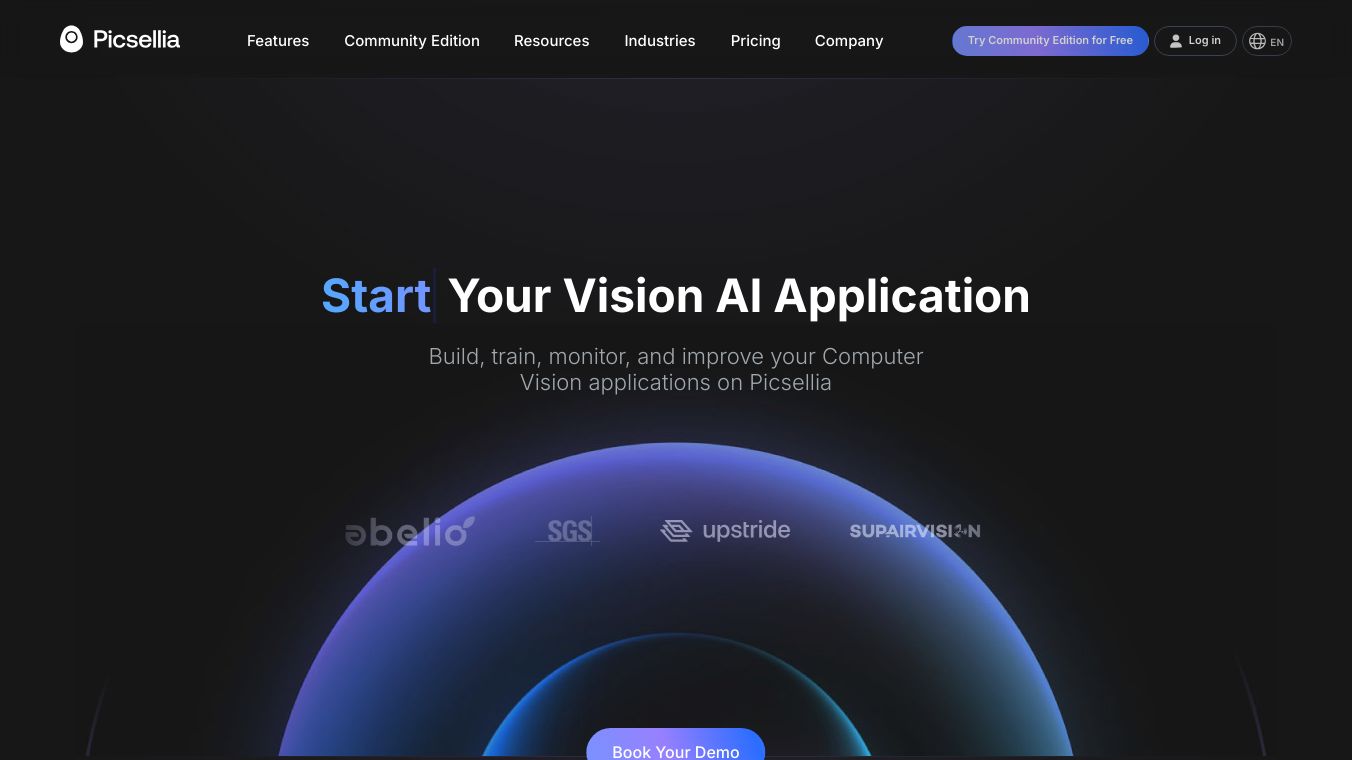
Picsellia Atlas is a helpful tool that makes working with VisionAI easier. It lets users talk to visual datasets using simple language. This means you can look at and work with your data without needing to write code. This tool is part of the Picsellia platform, which helps computer vision teams work faster and be more open about their work.
\n\nBenefits
\nPicsellia Atlas has several great features:
\n* It makes it easy to find data problems and suggests good model designs.
\n* It speeds up the training process without showing raw image data, keeping things private and secure.
\n* It works well with the Picsellia platform, making workflows faster and more open.
\n* It is open-source, so users can look at, change, and help improve the code.
\n* It helps keep model development on track by finding labeling problems, data imbalances, and inconsistencies.
\n* It speeds up the development process by combining data analysis, model design suggestions, and training operations into one place.
Use Cases
\nPicsellia Atlas is great for engineers, developers, and researchers working on custom vision models. It can be used in many ways, such as:
\n* Looking at and organizing visual datasets without writing code.
\n* Finding and fixing data problems that could affect how well the model works.
\n* Suggesting good model designs based on the specific task.
\n* Speeding up the process of training and testing models.
\n* Making sure everything is clear and controlled throughout the computer vision process.
\n* Keeping things private and secure by using abstract data instead of raw image data.
Additional Information
\nPicsellia was started in 2019 by Thibaut Lucas and Pierre-Nicolas Tiffreau, both AI engineers. They made the Picsellia platform to meet the special needs of visual data workflows. The platform combines data management, training, deployment, and monitoring into one place. Picsellia keeps focusing on being a computer vision-first MLOps platform, with features made just for visual data workflows. Atlas is a big part of this plan, making dataset management and model development easier. Picsellia v3.0 has new features to change how annotation works, including better annotation tools, EU rules, data projection with multi-layer support, and the use of Large Language Models (LLMs) through Picsellia GPT and Visual Prompting.
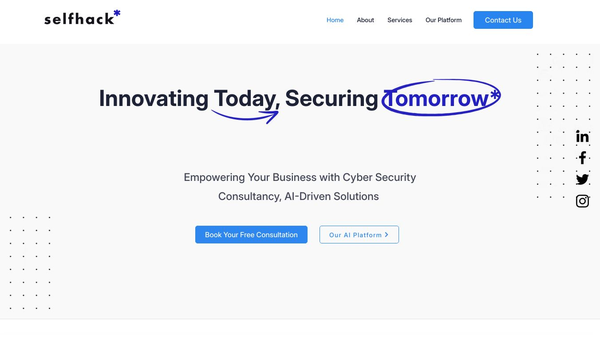
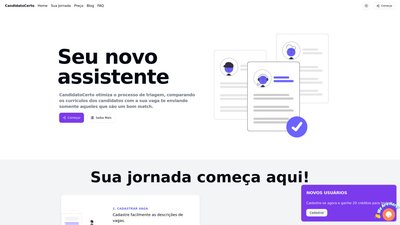
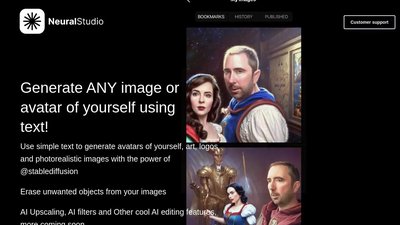
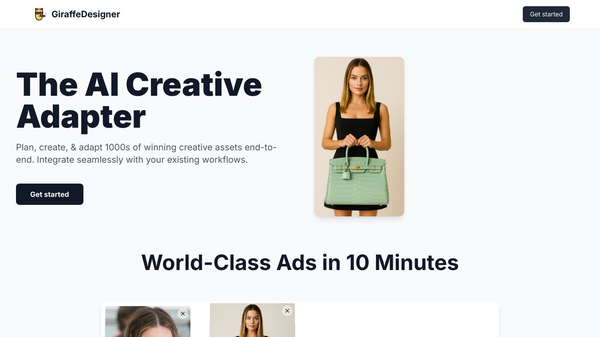
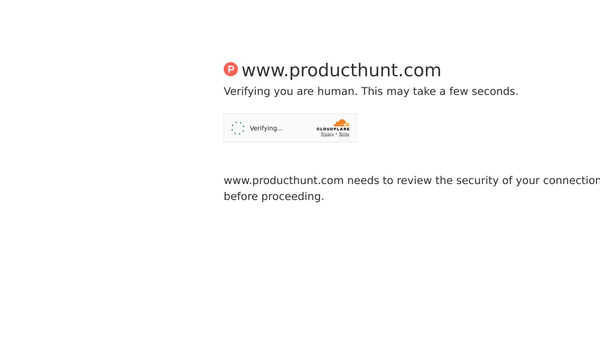
Comments
Please log in to post a comment.